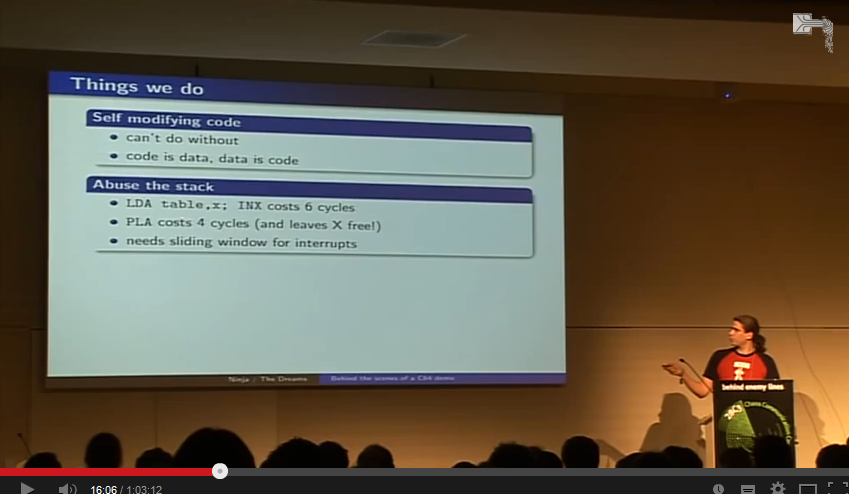# Datamanagement is kindertijd voorbij.
Datamanagement is de kindertijd voorbij. Is het nu in de
puberale fase? Het lijkt erop. De wereld is wild enthousiast van elke nieuwe
ontdekking en heeft haar handen vol aan deze data tsunami. Wat kunnen we verwachten als deze puber straks
volwassen is? We schetsen een toekomstbeeld. In 2020 heeft wellicht niemand het
meer over data. En in de verre toekomst gooien we onze data misschien zelfs
massaal weg. Dan richten we ons niet langer op data, maar op inzichten.
\\2015\Data\Data\Data
Vandaag staat ons leven in het teken
van data. We genereren en verzamelen data op grote schaal. We koppelen data uit
allerlei systemen en we ontdekken de mogelijkheden van sensoren. We hebben onze
handen er vol aan, wat past bij de puberfase. Ook schieten we vol bij het zien
van de grote potentie. Als deze jongen groot is, zet het alledaagse handelingen
volledig op zijn kop. Een voorbeeld: het gebruik van data maakt auto’s slimmer,
zodat ze automatisch remmen voor plotseling overstekende kinderen. Doet de
bestuurder dat? Nee, de auto doet dat zelfstandig. Althans, dat is het
ideaalbeeld. Grenzen tussen mens en machine beginnen te vervagen.
\\2020\Inzichten
Over een aantal jaar is het gebruik van
data net zo normaal als het gebruik van elektriciteit. Onmisbaar, maar saai. Niemand
heeft het er meer over, uitgezonderd de specialisten. Waarover heeft de hippe
mens het dan wel? Informatie, weetjes, inzichten. Hiermee sturen we slim het
gedrag van bedrijven of personen bij. Of van machines, want daarin groeit ons
vertrouwen. Zoals het eerder genoemde voorbeeld van de zelf-remmende auto. Over
een aantal jaar zit ons leven vol met dat soort technieken. We raken eraan
gewend dat machines ‘slim’ zijn en gaan daar steeds meer op vertrouwen. We kunnen
nog wel zonder. Maar onze verwachtingen van techniek en ons vertrouwen erin blijven
toenemen. We beschouwen het als vanzelfsprekend dat techniek en data ons
waardevolle inzichten geven.
\\2030\\Toekomst
Ok, nu we toch bezig zijn pakken we
onze glazen bol er ook even bij en gaan we kijken naar iets verdere toekomst. We
kunnen ons voorstellen dat er een moment komt dat we data niet meer vastleggen
en bewaren. Als organisaties eenmaal de juiste inzichten en modellen hebben, worden
de grote hoeveelheden data uit het verleden overbodig. Organisaties voeden hun verkregen
inzichten dan met live data. Mogelijk zal een levendige handel in inzichten ontstaan.
Wellicht al in 2030. Voor de nog verdere toekomst verschijnt een ander visioen.
Want trek de trend eens door dat machines steeds slimmer worden en dat de mens
meer op machines vertrouwt. Dan is het niet ondenkbaar dat machines een
belangrijk aandeel krijgen in het werkproces. Dat ze kant-en-klare analyses
produceren, zelfstandig inkoop verzorgen en de bezetting vergroten. Dan zal er
naast een afdeling HRM ook een afdeling Machines Resource Management bestaan. Computers
worden collega´s.


